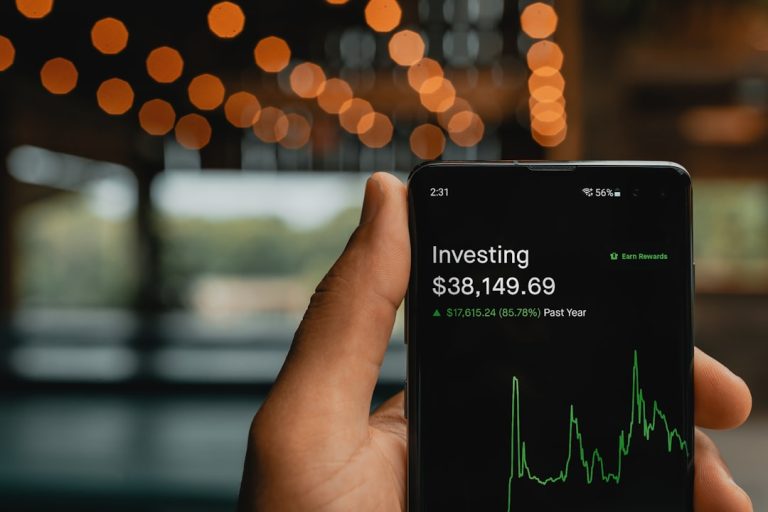Discover how the sunset clause could influence SEIS/EIS tax incentives and what it means for UK investors and startups.
Introduction
Tax-efficient investing has become a cornerstone for many UK investors and startups seeking to maximize their financial strategies. Central to this approach are the SEIS/EIS tax incentives, which provide significant benefits for those investing in early-stage businesses. However, recent legislative developments, particularly the introduction of the Sunset Clause, have raised questions about the future and stability of these incentives. This blog post delves into the implications of the Sunset Clause on SEIS/EIS tax incentives and explores what this means for the UK investment landscape.
What is the Sunset Clause?
The Sunset Clause refers to a legislative provision that mandates the review and potential termination of certain tax relief schemes by a specified date. Introduced by the UK Treasury, the Sunset Clause for the Enterprise Investment Scheme (EIS) and Venture Capital Trust Scheme (VCT) requires these schemes to be reviewed and renewed by April 6, 2025. This move was initially prompted by the European Union’s request to assess the assistance provided to UK businesses under these schemes.
Interestingly, the Seed Enterprise Investment Scheme (SEIS), which offers even more generous tax incentives than EIS, currently does not face a similar sunset provision. This distinction underscores the critical role that SEIS/EIS tax incentives play in fostering a vibrant startup ecosystem in the UK.
Potential Impact on SEIS/EIS Tax Incentives
The prospect of the Sunset Clause has generated considerable concern among stakeholders. SEIS/EIS tax incentives have been instrumental in encouraging investment in high-risk, early-stage startups by offering attractive tax reliefs. However, the uncertainty surrounding the continuation of these schemes threatens to dampen investor enthusiasm.
“There is an absolute recognition that what we do is high risk. We’re backing young companies without track records and a significant number will fail,” said Will Fraser-Allen, Chair designate at The Venture Capital Trust Association (VCTA). “But what the tax incentives are designed to do is to unlock the pool of capital from retail investors, and whenever we have surveyed our shareholders we always come back with absolute resounding confirmation that it is because of those tax incentives.”
Fraser-Allen emphasizes that the SEIS/EIS tax incentives are not just financial tools but essential mechanisms that unlock investment opportunities, ensuring that innovative startups have access to the necessary capital to grow and scale.
Current Status and Expectations
As of now, there has been no definitive announcement from the UK Government regarding the permanence of the EIS scheme post the Sunset Clause review. While it was anticipated that the government would make EIS permanent, similar to SEIS, assurances have yet to materialize. This uncertainty poses challenges for both investors and startups who rely heavily on these tax incentives to drive investment decisions.
The SEIS scheme, being free from the current sunset clause, stands as a testament to its perceived importance and effectiveness in supporting early-stage businesses. The differing treatments of SEIS and EIS highlight the nuanced approaches the government may take in evaluating and sustaining these schemes.
Opportunities for Improvement
While the introduction of the Sunset Clause brings challenges, it also presents an opportunity to refine and enhance the SEIS/EIS tax incentives. Several areas have been identified where improvements could be made:
Simplification of Legislation
The existing EIS scheme is often criticized for its complexity. Terms like “preferential right,” “risk to capital,” and “excluded activities” can be confusing for both investors and startups. Simplifying these provisions would make SEIS/EIS tax incentives more accessible and easier to navigate.
Increased Publicity and Education
There is a pressing need for greater awareness about the benefits of SEIS/EIS tax incentives. Many companies consider these schemes “too difficult” or “not beneficial” due to a lack of understanding. Enhanced publicity and educational initiatives can demystify these incentives, encouraging more businesses and investors to take advantage of the available tax reliefs.
Extending the Investment Window
Some commentators advocate for extending the investment window beyond the current seven-year rule, which restricts investments in businesses older than seven years. This extension would provide more flexibility and encourage long-term investment in startups that continue to demonstrate growth and innovation beyond this period.
How Oriel IPO Helps Investors and Startups
At Oriel IPO, we recognize the pivotal role that SEIS/EIS tax incentives play in the UK’s investment ecosystem. Our platform is designed to facilitate seamless connections between startups and investors, ensuring that both parties can maximize the benefits of these tax-efficient schemes.
Simplified Investment Process
Navigating the complexities of SEIS/EIS tax incentives can be daunting. Oriel IPO simplifies this process by providing comprehensive educational resources, including guides and calculators, to help users understand and leverage these incentives effectively.
Curated Investment Opportunities
We curate a selection of high-potential startups that qualify for SEIS/EIS tax incentives, ensuring that investors have access to vetted and promising investment opportunities. This curation reduces the risk associated with high-risk investments and enhances the likelihood of successful outcomes.
Commission-Free Platform
Unlike many other investment marketplaces, Oriel IPO operates on a commission-free model. This means that both startups and investors can connect without the burden of additional fees, making investments more attractive and accessible.
Community Support
Oriel IPO fosters a supportive community for both novice and experienced investors. Our platform not only facilitates investments but also encourages the sharing of knowledge and experiences, further enhancing the investment culture in the UK.
Conclusion
The introduction of the Sunset Clause presents both challenges and opportunities for SEIS/EIS tax incentives in the UK. While the uncertainty surrounding the continuation of these schemes poses risks, it also offers a chance to streamline and improve the existing frameworks to better support the startup ecosystem.
At Oriel IPO, we are committed to helping investors and startups navigate these changes effectively. By providing a user-friendly platform, comprehensive educational resources, and curated investment opportunities, we aim to sustain and enhance the benefits of SEIS/EIS tax incentives, ensuring a robust and dynamic investment environment in the UK.
Take Action Today
Ready to make the most of SEIS/EIS tax incentives? Join the Oriel IPO community and connect with top UK startups and angel investors. Visit us now to start your tax-efficient investment journey.



